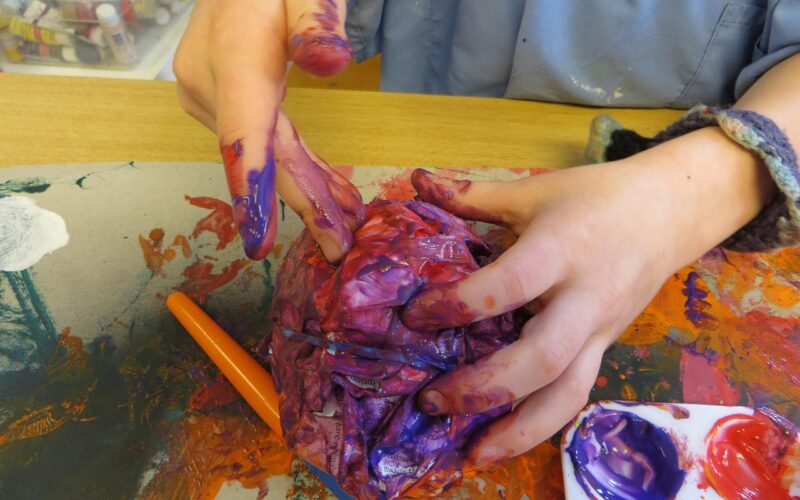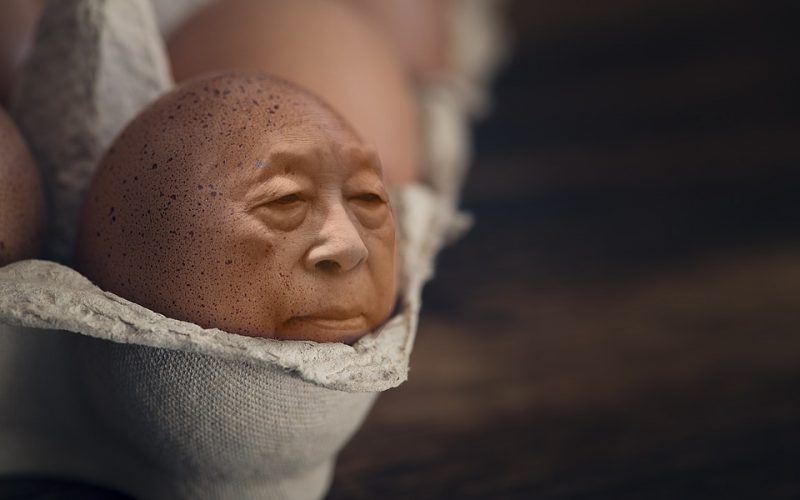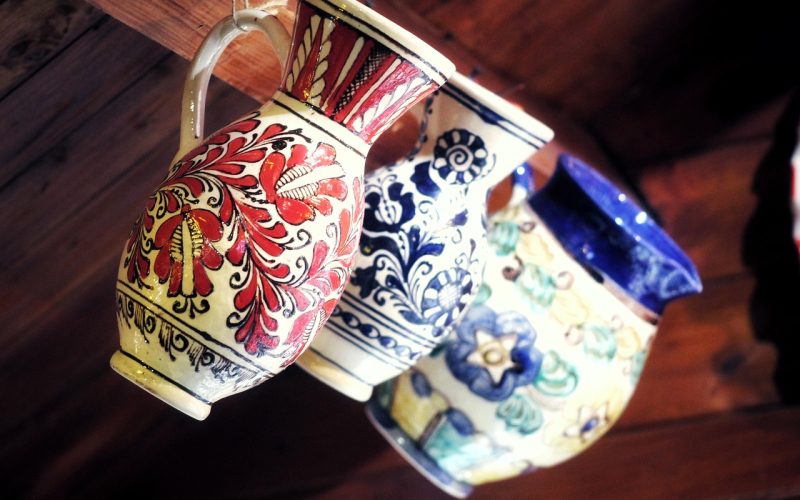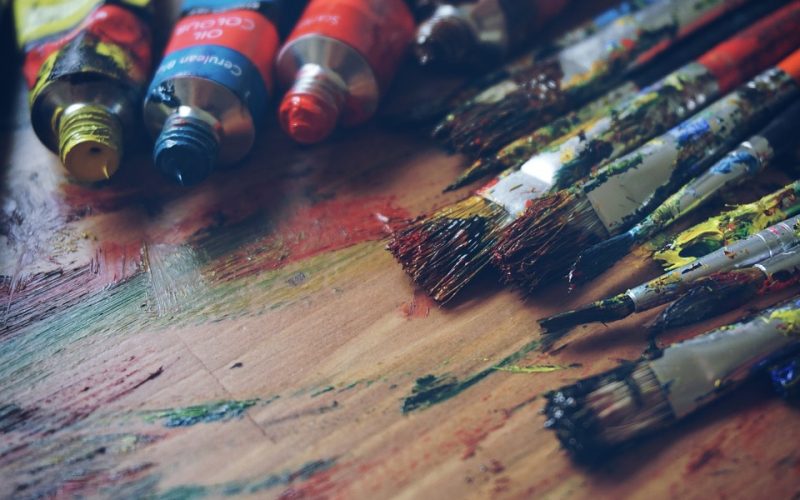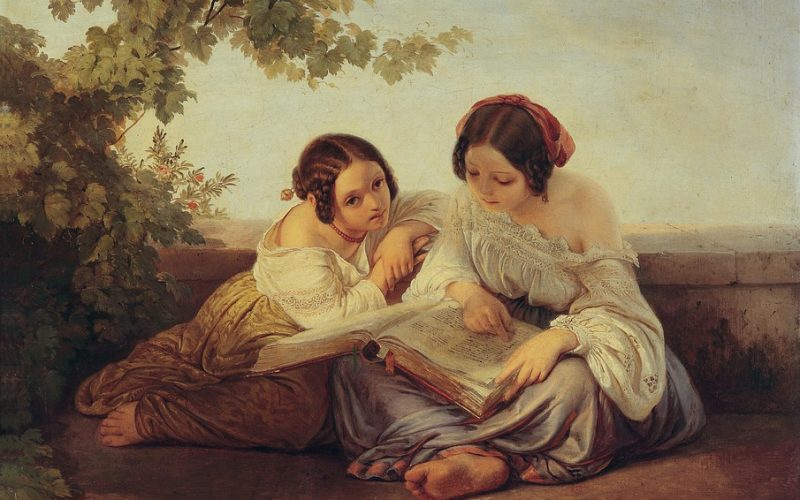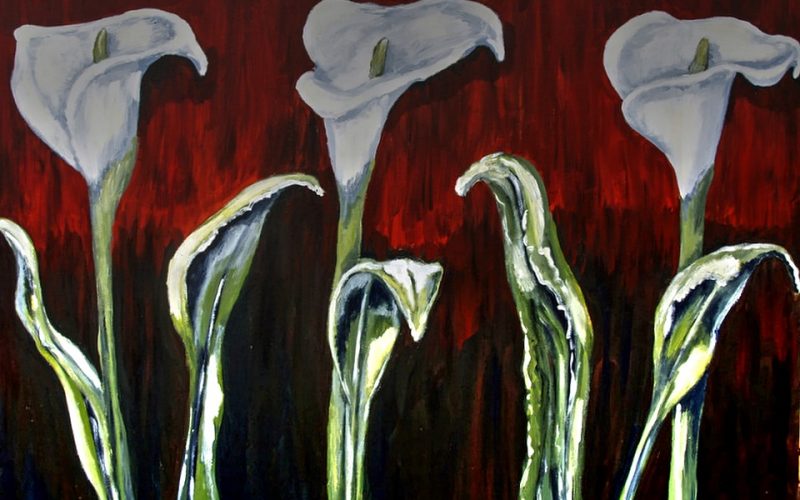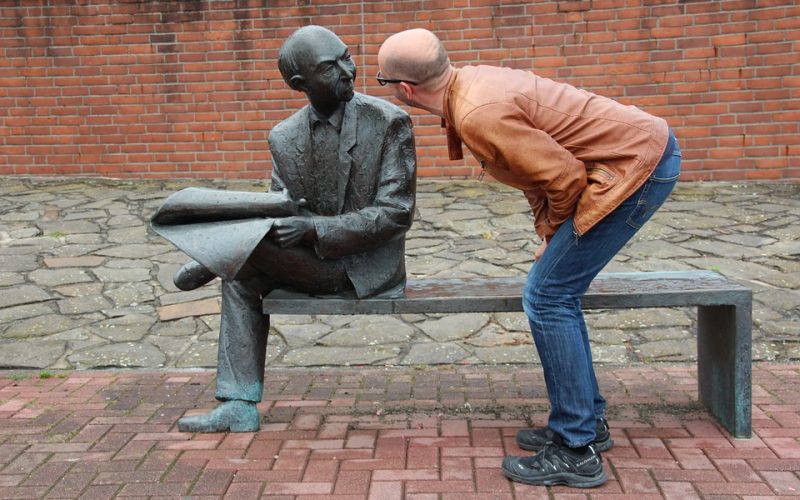Learning Art Transforms Mental Health
In an era where mental health awareness continues to grow, many people are discovering that artistic pursuits offer profound psychological benefits. Whether you're picking up a paintbrush for the first time or exploring sculpture with materials like kaolin clay, engaging in creative activities can serve as a powerful tool for improving mental well-being. Research consistently shows that artistic expression not only provides an outlet for emotions but also helps reduce stress, anxiety, and depression whilst boosting self-esteem and cognitive function.
The science behind art and mental wellness
Neuroscientists have found that creating art activates the brain's reward centre, releasing dopamine and endorphins—chemicals associated with pleasure and well-being. When you engage in artistic activities, your brain enters a state similar to meditation, characterised by reduced activity in the prefrontal cortex. This phenomenon, known as "flow state," helps quiet the constant chatter of anxious thoughts and promotes mindfulness. Studies published in the Journal of Applied Arts and Health demonstrate that just 45 minutes of artistic activity significantly reduces cortisol levels, the hormone responsible for stress.
Art as emotional expression and processing
One of art's greatest gifts is its ability to help us process complex emotions that we struggle to express verbally. Through colour, texture, and form, we can communicate feelings that seem impossible to put into words. Working with different materials—from traditional paints to recycled glass mosaics or silica sand sculptures—allows for varied sensory experiences that engage different parts of our emotional processing system. This tactile engagement helps ground us in the present moment whilst providing a safe space to explore difficult emotions without judgement.
Building confidence through creative achievement
Learning artistic skills creates a positive feedback loop that strengthens mental resilience. Each completed piece, whether it's a simple sketch or an elaborate ceramics project using kaolin clay, represents a tangible achievement. These small victories accumulate over time, building confidence and self-efficacy. Art also teaches us that mistakes are part of the creative process, helping develop a healthier relationship with perfectionism and failure—skills that translate directly into other areas of life.
Social connection through shared creativity
Art naturally fosters community and connection. Joining art classes, workshops, or online creative communities provides opportunities to meet like-minded individuals and share experiences. These social connections are crucial for mental health, offering support, encouragement, and a sense of belonging. Working collaboratively on projects, such as community murals incorporating recycled glass elements, strengthens social bonds whilst contributing to something larger than ourselves.
Cognitive benefits and brain training
Artistic activities serve as excellent brain training, improving memory, focus, and problem-solving skills. Learning to draw requires careful observation and attention to detail, whilst working with three-dimensional materials like clay challenges spatial reasoning abilities. These cognitive exercises help maintain mental sharpness and may even reduce the risk of age-related cognitive decline. The process of planning, creating, and refining artwork exercises executive functions that benefit overall mental clarity.
Getting started on your artistic journey
Beginning your artistic journey doesn't require expensive materials or formal training. Start with simple activities like sketching, watercolour painting, or even creating collages from recycled materials. Many community centres offer affordable classes in various mediums, from traditional pottery using silica sand glazes to contemporary mixed-media techniques. The key is choosing activities that genuinely interest you rather than feeling pressured to excel immediately. Remember, the mental health benefits come from the process of creating, not the final product.
The evidence is clear, incorporating artistic activities into your routine can significantly improve mental well-being. Whether you're dealing with stress, seeking emotional outlet, or simply wanting to enhance your cognitive function, art offers accessible, enjoyable paths to better mental health.
